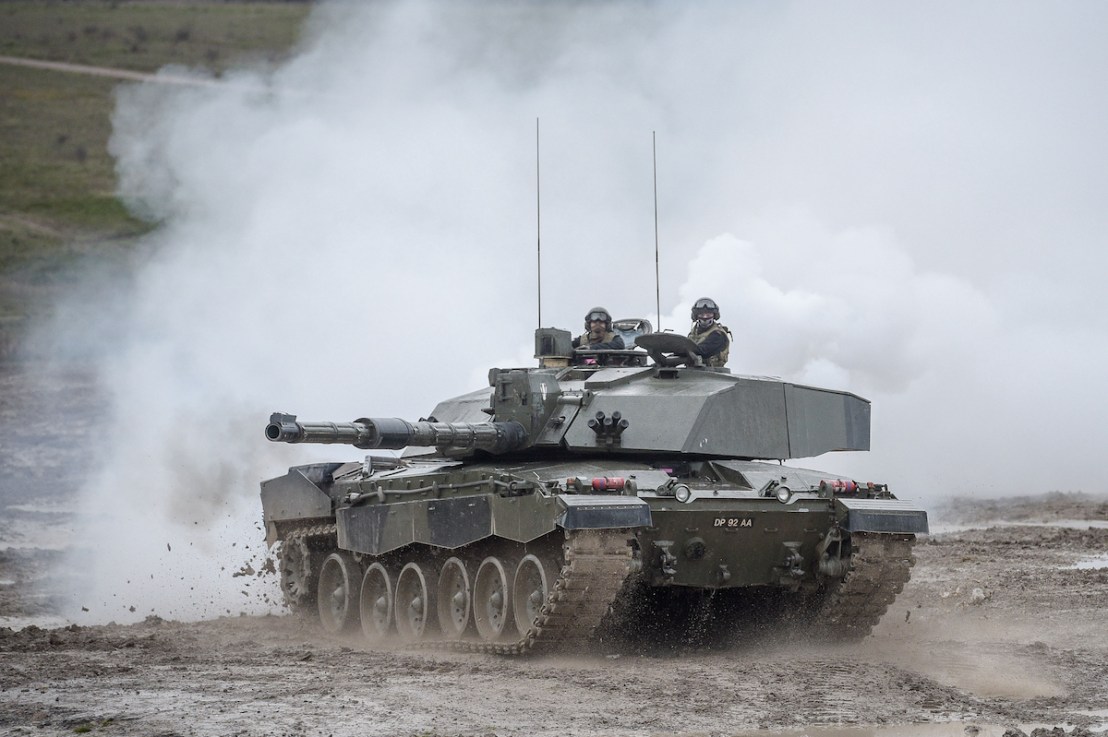Cohort: Defence firm has record revenue and bumper order book amid ‘persistent’ tensions
Defence holding group Cohort pointed to the invasion of Ukraine and "persistent" tensions in the Aisa-Pacific region as being the core drivers of the record revenue and bumper profit it posted in its preliminary results.


Defence holding group Cohort pointed to the invasion of Ukraine and “persistent” tensions in the Asia-Pacific region as being the core drivers of the record revenue and bumper profit it posted in its preliminary results.
The Aim-listed firm, which owns six defence companies including Chess, EID and SEA, saw its revenue jump 11 per cent in the year ended 30 April from £182.7m to £202.5m.
The boost to sales will have been helped by the £135m contract its SEA brand won from the Ministry of Defence in March, which will see the firm make upgrades to Royal Navy ships’ defensive capabilities.
Adjusted operating profit in the preliminary results was also at record levels, up from £19.1m in 2023 to £21.1m; a rise of 11 per cent.
All of which boosted the firm’s adjusted earnings per share by 18 per cent, up from 36.48p last year to 42.89p in 2024.
Its order book – an important benchmark for firms and sectors whose business model relies large contract wins – stood at over half a billion pounds at the end of April, a drastic 58 per cent increase on its 2023 order book.
Nick Prest, chair of Cohort, said: “”We are reporting another strong performance for Cohort with improved revenue, profit and net funds, and one that has exceeded expectations.
“Our order book surpassed £500m for the first time and provides a solid foundation for the future.”
Cohort’s outlook has been been improved by the £3m acquisition – announced in May – of Interactive Technical Solutions. The firm, which was bought by Cohort’s MCL brand, specialises in providing technical support to the MoD and its contractors.
Prest added: “We continue to expect another year of good growth in trading performance in 2024/25, enhanced by the addition of ITS.
“Given planned capital expenditure and expansion in working capital to support our record order book, net funds are likely to decrease.”


